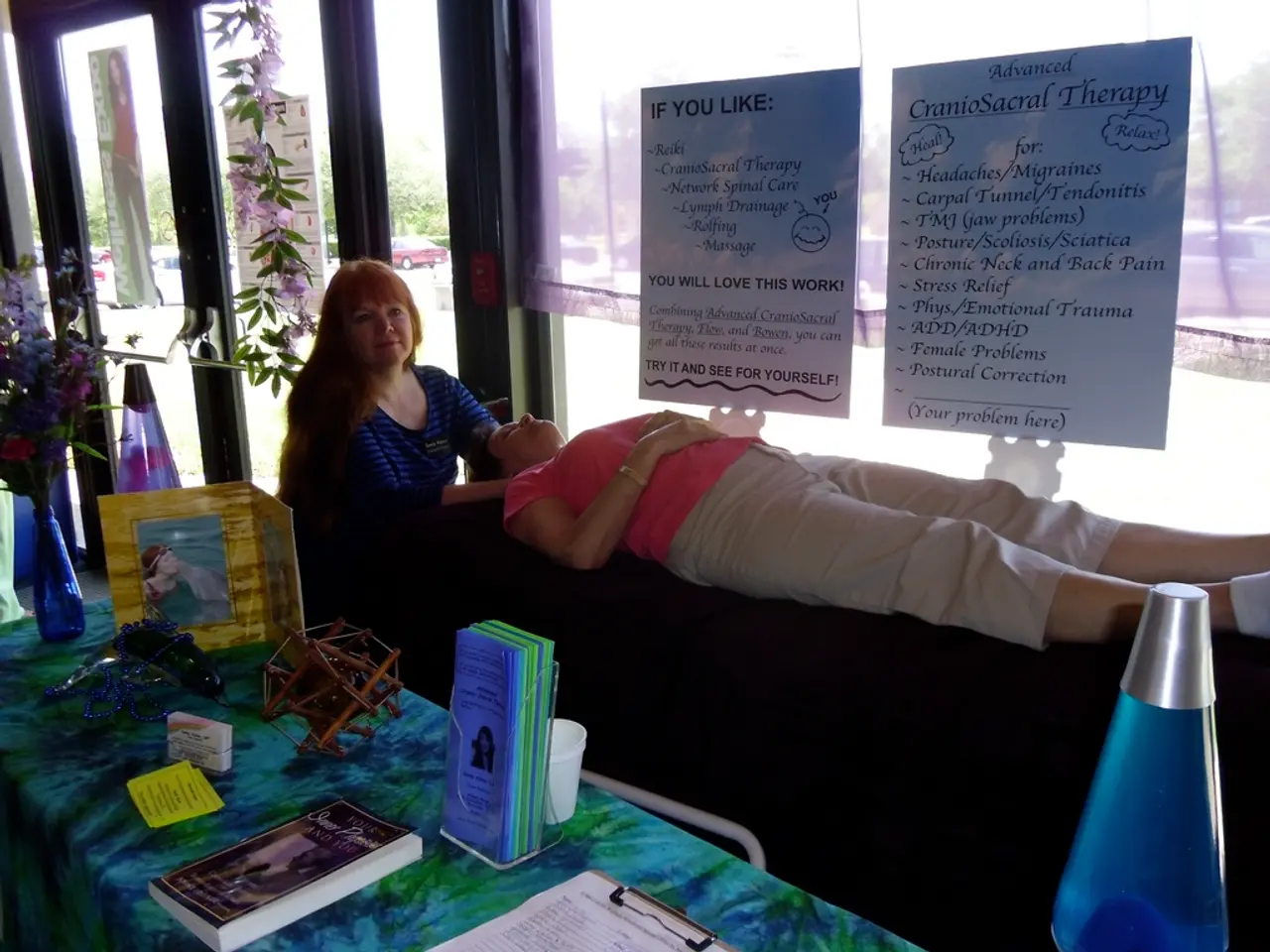Steps to Follow after Experiencing Sexual Abuse
In the face of sexual assault, it is crucial to seek help and support. This guide provides essential information for those who have experienced sexual violence and their loved ones.
If you find yourself in a situation where your loved one is in danger or showing signs of contemplating suicide, call 911 immediately. Emergency attention from law enforcement officials is necessary and right in these cases.
For those who have been sexually assaulted, seeking medical care is the first step. You can get treatment for injuries from a clinic, doctor's office, or hospital emergency department. It's important to remember that seeking medical care does not obligate you to report the assault to the police.
If you choose to report the assault, a sexual assault forensic exam (SAFE) is often recommended. This exam is conducted by a specially trained medical professional and involves a full physical examination, including a pelvic exam. Samples may be taken from various parts of the body, and a urine sample may be requested. To get the most evidence, this exam should be done within 72 hours of the assault.
A "rape kit" is a term commonly used to describe the evidence collection process. The proper term for a rape kit is SAFE. The kit itself is a collection of forensic tools, papers, and containers. Trained staff use this kit to collect possible evidence from a crime scene, personal belongings, or clothes.
If you don't want to inform the police, the medical facility that has your kit can turn it over to law enforcement with an anonymous identification number. Most states do have statutes of limitations for filing sexual assault reports, so it's important to know yours.
In addition to medical care, there are various organisations that can provide emotional and practical support. The Rape, Abuse & Incest National Network (RAINN) is the largest anti-sexual assault organisation in the United States. They operate the National Sexual Assault Telephone Hotline (800-656-HOPE) and the National Sexual Assault Online Hotline, which offers a confidential web chat.
The National Sexual Assault Hotline is available 24/7 and can be a resource for people who have experienced sexual assault as well as for their friends and family members. The Date Safe Project and 1in6 also offer resources for survivors and their loved ones.
Anxiety disorders, depression, and post-traumatic stress disorder (PTSD) are among the most common mental health conditions affecting people who have experienced sexual assault. It's important to seek help if you are struggling emotionally. The National Coalition Against Domestic Violence is an organisation that aims to support people who have experienced domestic violence as well as their family members.
In time, you'll learn to build a system of support from professional advocates and providers as well as personal friends and loved ones. This network is vital for long-term recovery. Remember, if you've been sexually assaulted, it isn't your fault.
The increased public conversation surrounding sexual assault, harassment, and abuse is an important step forward. Organisations like the National Sexual Violence Resource Centre (NSVRC) and the National Coalition Against Domestic Violence are working to address this prevalent problem and help survivors find the support they need.
Together, we can create a safer world for everyone.
Read also:
- Inadequate supply of accessible housing overlooks London's disabled community
- Strange discovery in EU: Rabbits found with unusual appendages resembling tentacles on their heads
- Duration of a Travelling Blood Clot: Time Scale Explained
- Fainting versus Seizures: Overlaps, Distinctions, and Proper Responses






